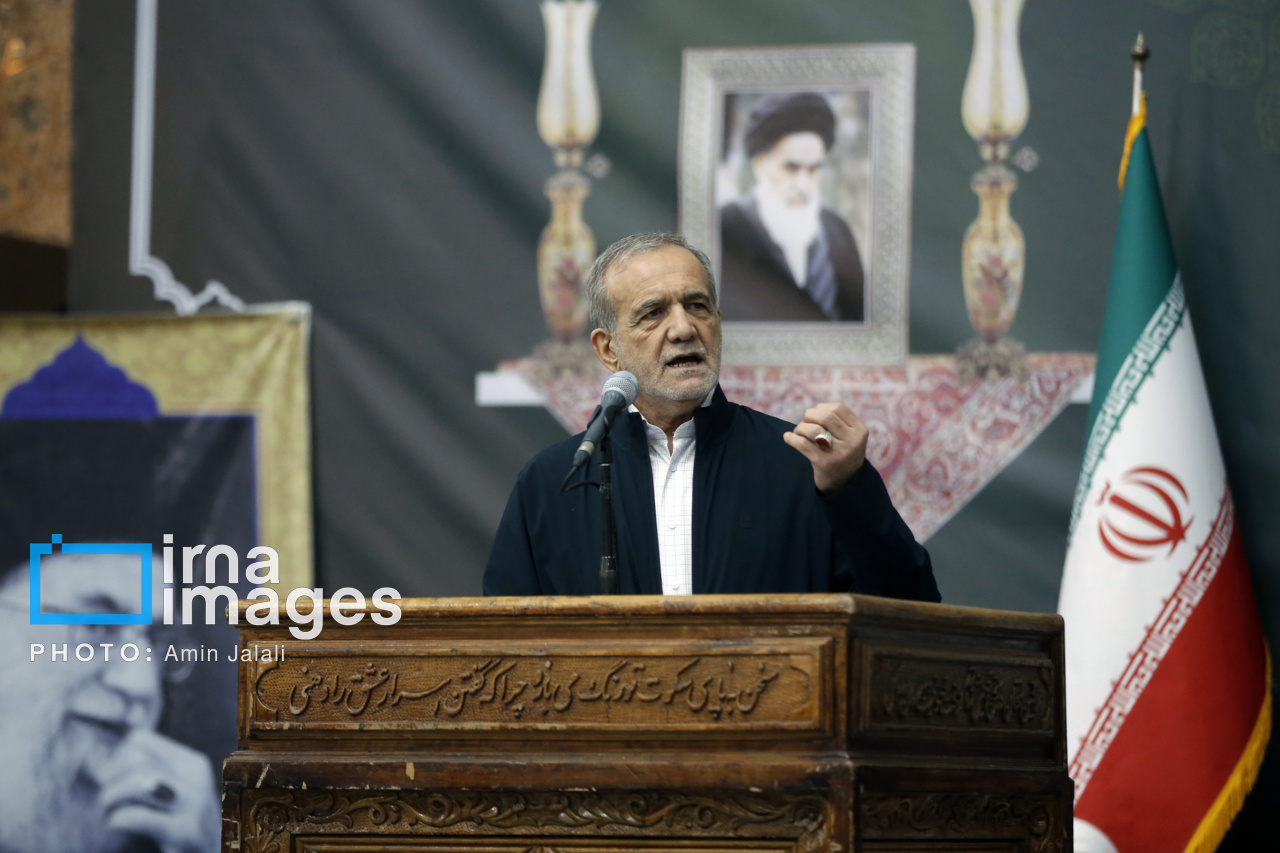
Similar Posts
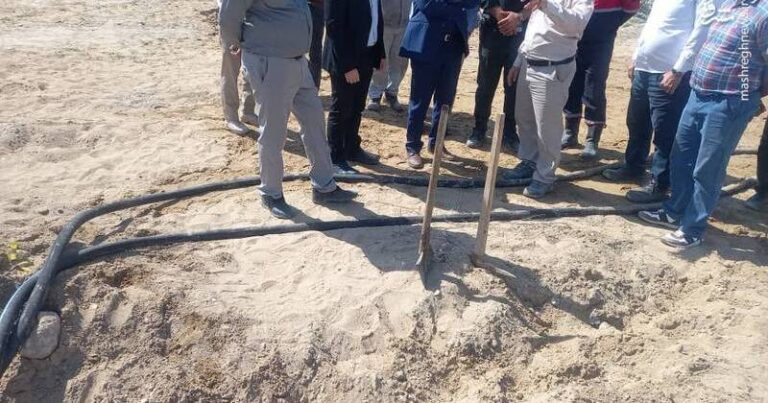
Iran Discovers Major Oil Pipeline Taps in Response to Escalating Fuel Smuggling Crisis
Iranian authorities have discovered and sealed four illegal taps on an oil pipeline near Bandar Abbas, highlighting the country’s ongoing fuel smuggling crisis. Mojtaba Ghahramani from the Hormozgan Province Judiciary indicated that these unauthorized diversions could be part of a larger, organized smuggling network, possibly involving elements within the Islamic Revolutionary Guard Corps (IRGC). Daily fuel losses are estimated between 20 to 50 million liters, raising concerns about government complicity. The urgent need for enhanced monitoring and advanced metering technologies is emphasized to combat theft and corruption, as the energy crisis continues to impact Iranian citizens and the economy.
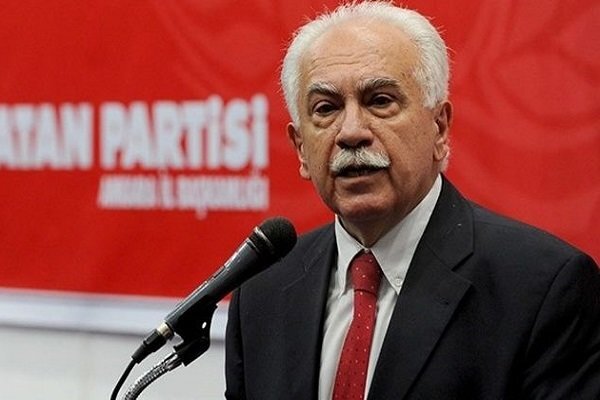
Urgent Call for State Authority in Syria to End Bloodshed and Restore Peace
On March 11, 2025, Vatan Party Chairman Doğu Perinçek held a press conference in Istanbul, expressing grave concern over escalating violence in Syria. He criticized external forces, particularly the US and Israel, for exacerbating the conflict and aimed at dividing the nation. Perinçek warned that Syria’s disintegration threatens regional stability and urged unity among all Syrians to counter these external threats. He emphasized the Syrian government’s responsibility to protect its citizens and highlighted recent agreements with the Syrian Democratic Forces as potential steps towards unity. He called for collective action to achieve peace and security in Syria.
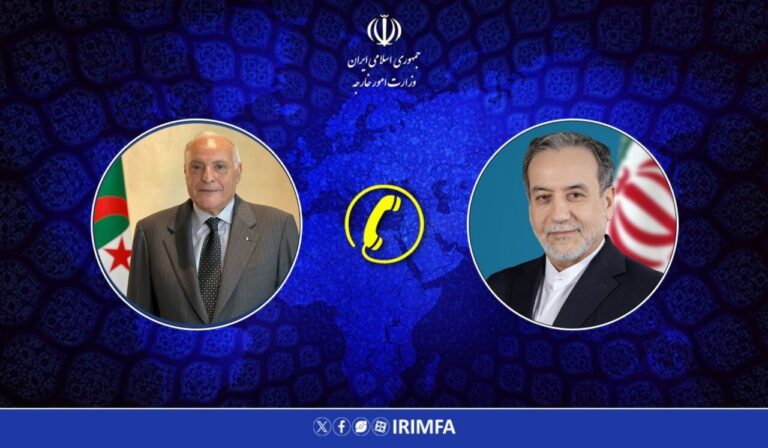
Iran and Algeria: Strengthening Ties for Enhanced Cooperation in Global Organizations
Iranian Foreign Minister Abbas Araqchi emphasized the need for stronger collaboration between Iran and Algeria during a phone call with Algerian counterpart Ahmed Attaf. They discussed enhancing bilateral relations, addressing regional developments, and condemned Israeli actions in Gaza and the West Bank. Araqchi called for greater Islamic unity to protect Palestinian rights and provided an update on indirect nuclear negotiations with the U.S. Attaf echoed concerns about regional insecurity due to Israeli actions, condemned violence against Palestinians, and emphasized the need for action from Islamic nations. He also offered condolences for the recent tragedy at Shahid Rajaee Port, showing solidarity with Iran.
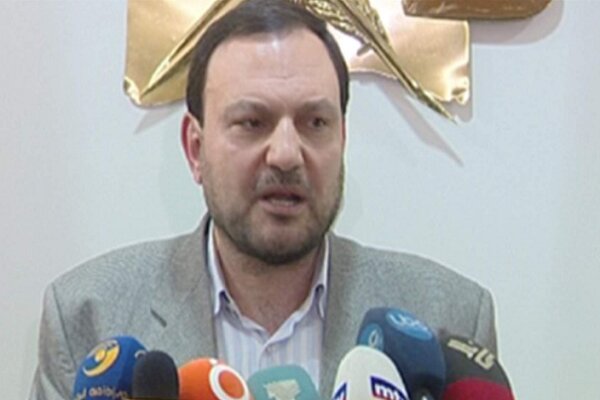
Strengthening Lebanon-Iran Ties: A Key to Regional Stability and Prosperity
Lebanon’s government faces backlash after temporarily banning Iranian planes from Beirut-Rafic Hariri International Airport, leading to protests that blocked access to the airport. Ghaleb Abu Zeinab from Hezbollah criticized the government’s decision, urging for stronger ties with Iran while resisting U.S. pressures. Following the ban, Lebanon attempted to repatriate citizens stranded in Iran, but complications arose as Iran refused Lebanese aircraft landing. The situation is further complicated by Israeli threats against Iranian flights, raising concerns over Lebanon’s sovereignty and diplomatic relations. The protests reflect public sentiment on the government’s handling of international relations amid escalating tensions.
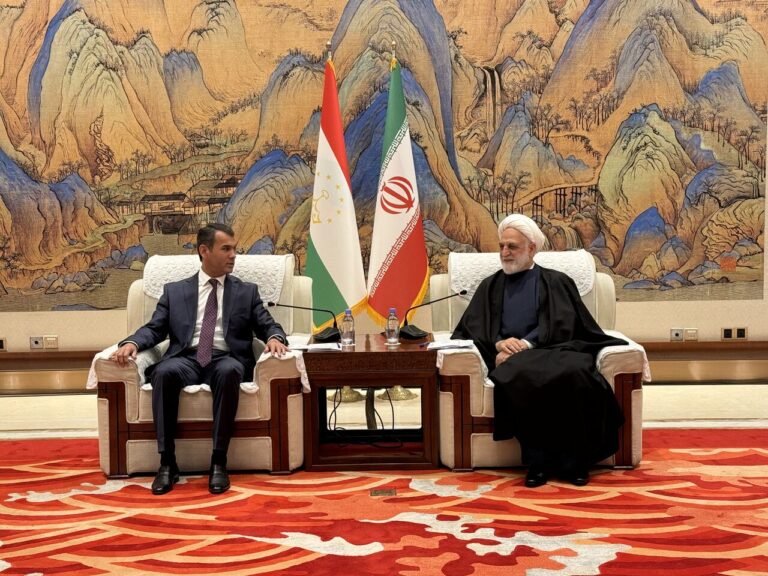
Judiciary Chief Champions Regional Collaboration to Tackle Key Challenges
Judiciary Chief Gholam-Hossein Mohseni Ejei emphasized the need for cooperation among neighboring states to tackle regional and international challenges during discussions with Tajikistan’s Supreme Court Chairman, Rustam Mirzozoda, at the Shanghai Cooperation Organization (SCO) meeting in Hangzhou, China. He highlighted Iran’s commitment to strengthen ties with Tajikistan, particularly in legal matters, and urged Muslim nations to address injustices in Gaza. Mirzozoda welcomed recent diplomatic efforts, including Iranian President Masoud Pezeshkian’s visit to Tajikistan, and expressed optimism about enhancing bilateral relations. The meeting underscored a shared commitment to regional collaboration and tackling mutual challenges.
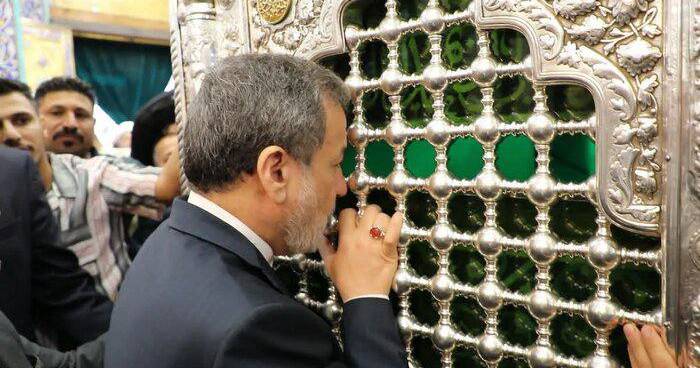
FM Updates Iran’s Highest Clerical Authority on Crucial US Negotiations
Iran’s Foreign Minister Abbas Araghchi recently addressed the Assembly of Experts in Qom, highlighting ongoing indirect negotiations with the United States as a key aspect of the country’s foreign policy. He emphasized the Foreign Ministry’s role in navigating complex international relations and shared positive feedback from Assembly members regarding its efforts. Araghchi outlined Iran’s strategic approach, including engagement with regional organizations like the Shanghai Cooperation Organization and BRICS, while addressing challenges posed by U.S. policies. He underscored the importance of national consensus in tackling foreign policy challenges, indicating a proactive stance for future diplomatic relations.